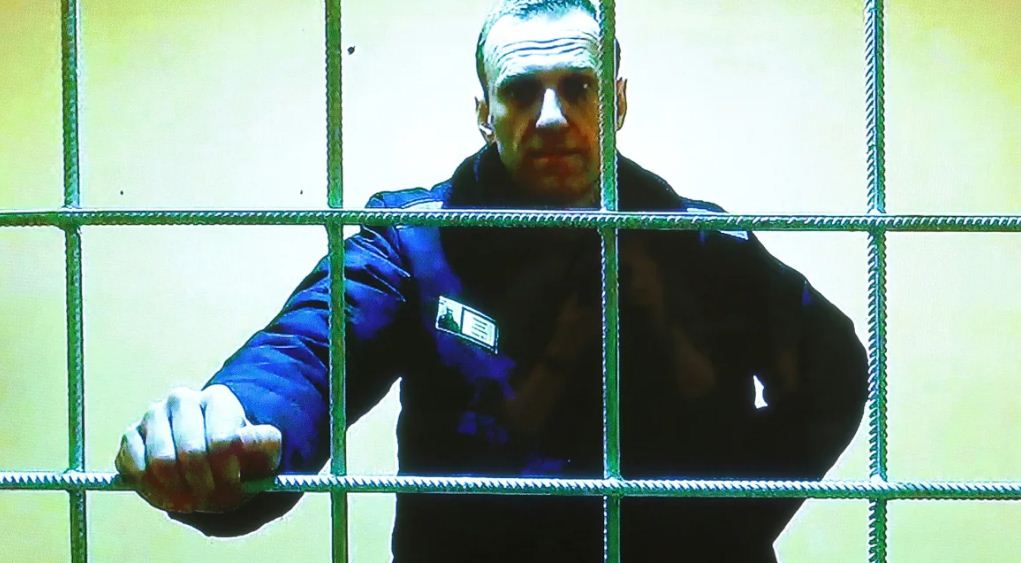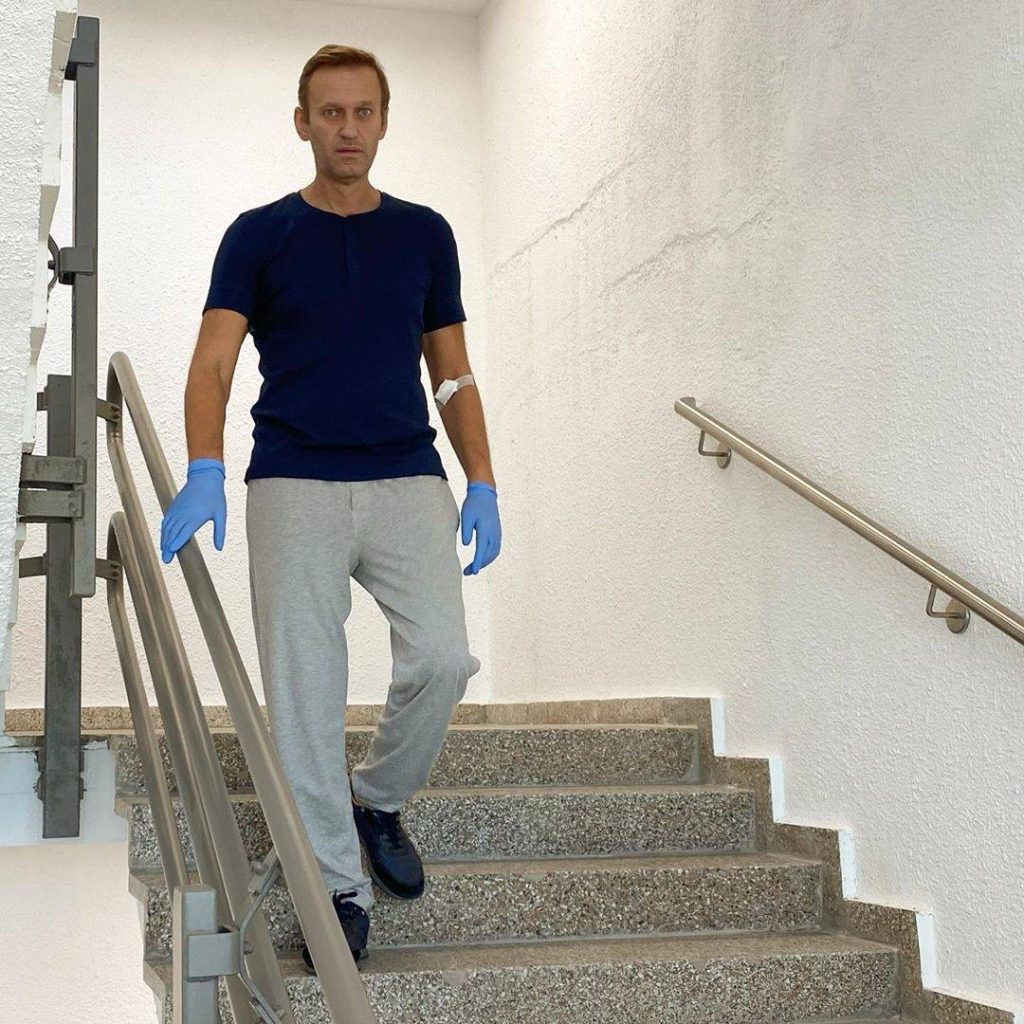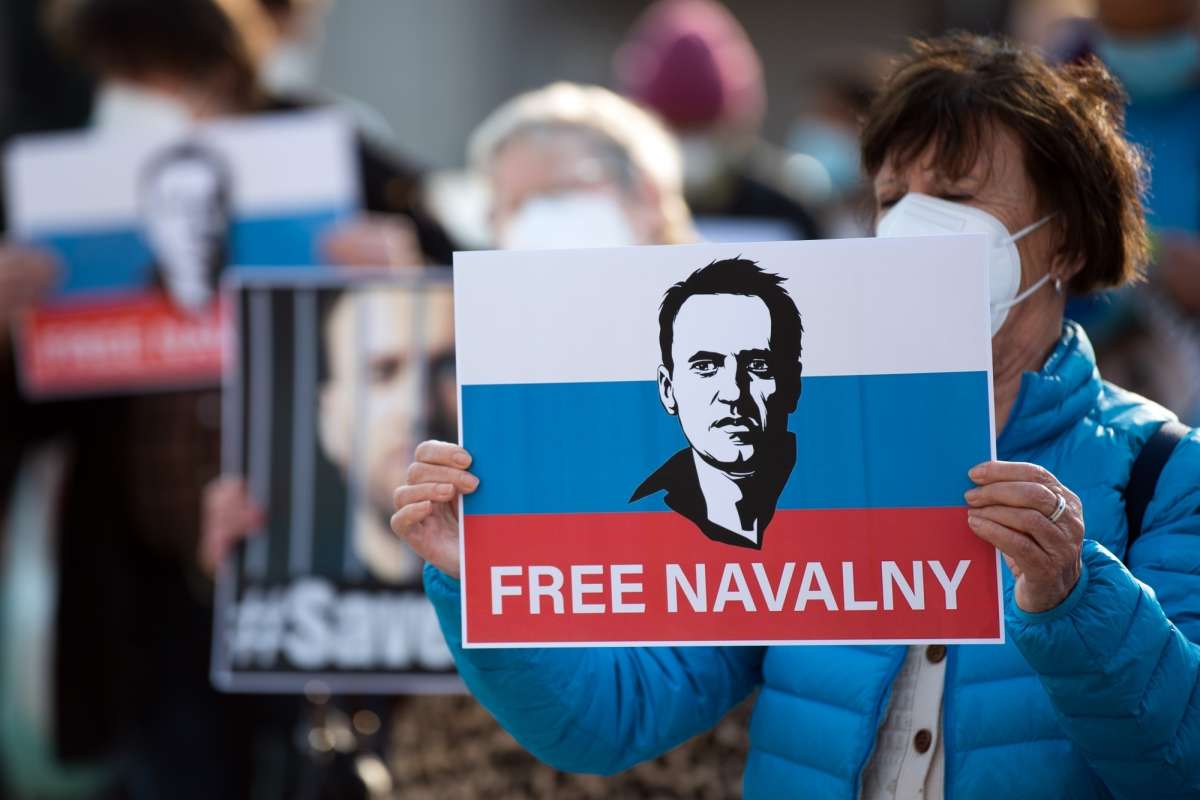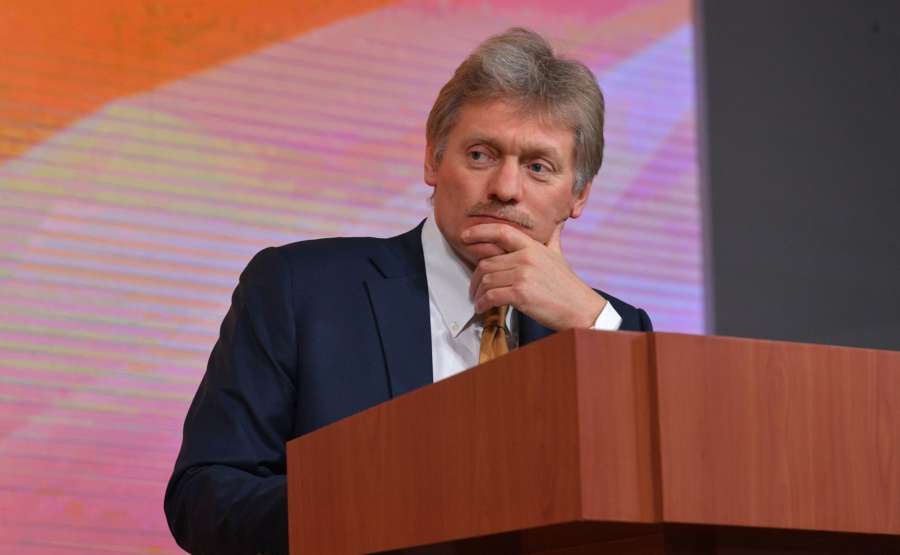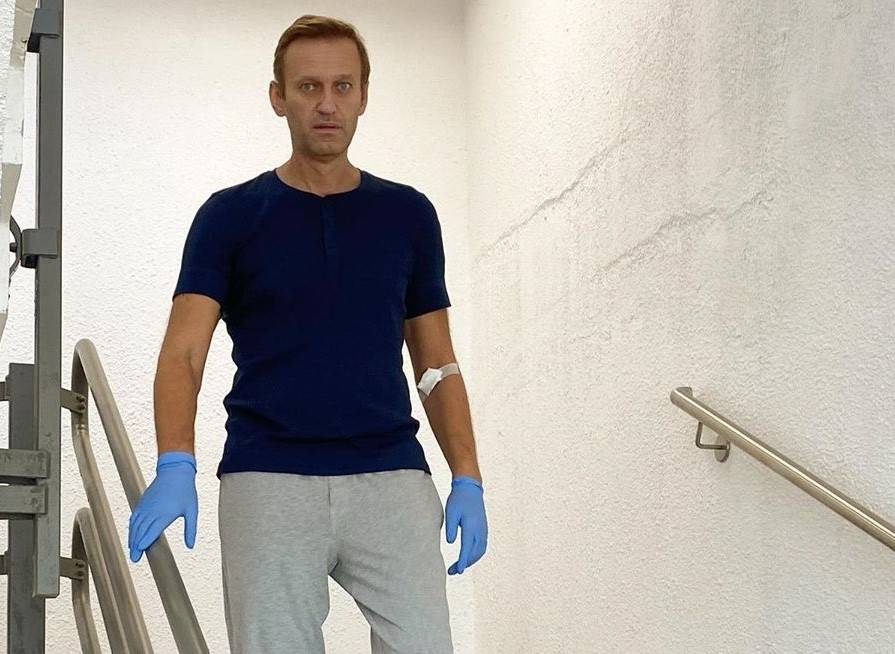Russia appears far from being deterred by the sanctions. Its economy grew by 3 per cent in 2023, more than the US economy, reports Yashwant Raj
The US has hit Russia with 500 new sanctions on Friday over the death of jailed Opposition leader Aleksey Navalny and the ongoing war against Ukraine, with the goal of further constricting its energy earnings that fuel and sustain the war effort.
The US has also announced 100 sanctions against entities that are providing “backdoor support” to the Russian war machine, including those in China, the UAE and Liechtenstein.
“These sanctions will target individuals connected to Navalny’s imprisonment as well as Russia’s financial sector, defence industrial base, procurement networks and sanctions evaders across multiple continents,” US President Joe Biden said, announcing new curbs.
“They will ensure Putin pays an even steeper price for his aggression abroad and repression at home.”
The 47-year-old Navalny died in a Russian prison on February 16. The US has sanctioned more than 2,000 entities in Russia since President Vladimir Putin sent his troops into Ukraine to deter him by squeezing his energy earnings and sources of material for the war industry.
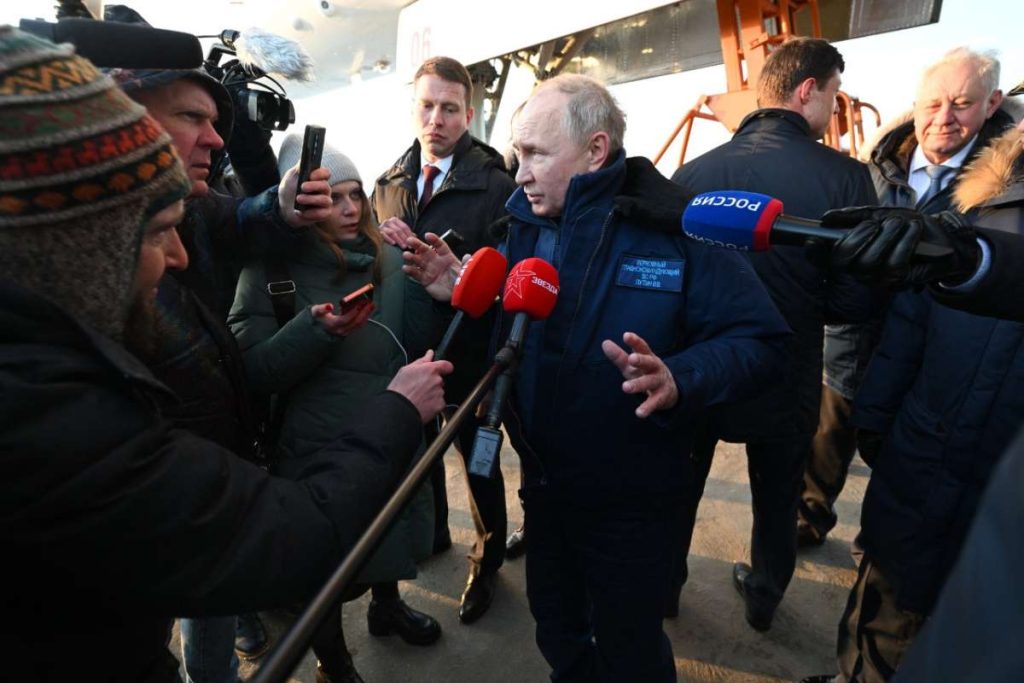
But Russia appears far from being deterred. Its economy grew by 3 per cent in 2023, more than the US economy. And it continues to wage the war, which is now going in their advantage specially with Ukraine’s depleting arsenal desperately in need of replenishment. A legislation providing additional security funding for Ukraine is caught in a political fight between Democrats and Republicans on Capitol Hill, home of the US congress.
Pressing Republicans, who control the House of Representatives to clear the bill, Biden said: “History is watching. The failure to support Ukraine at this critical moment will not be forgotten. Now is the time for us to stand strong with Ukraine and stand united with our allies and partners. Now is the time to prove that the US stands up for freedom and bows down to no one.”
These additional sanctions come amidst further deterioration in relations between the world’s largest nuclear powers and sharp language exchanged by the two sides.
Biden called Putin a “crazy SOB’ at a fundraiser for his re-election campaign earlier this week. And Putin reacted by sarcastically calling Biden his preferred president of the US.


